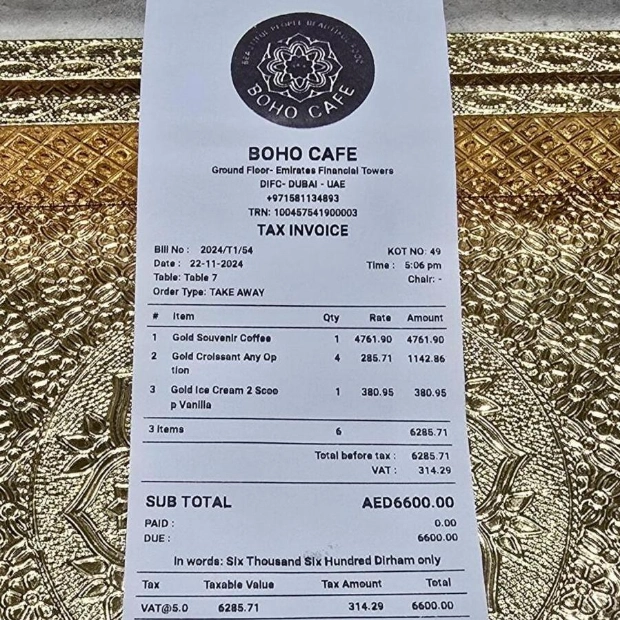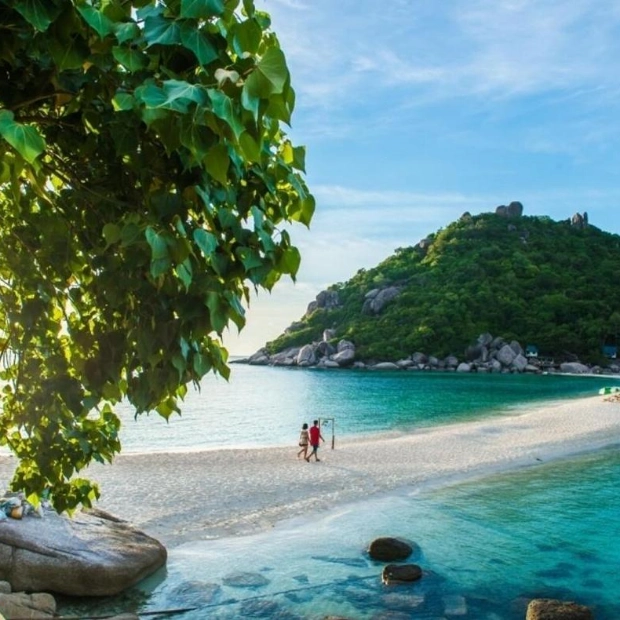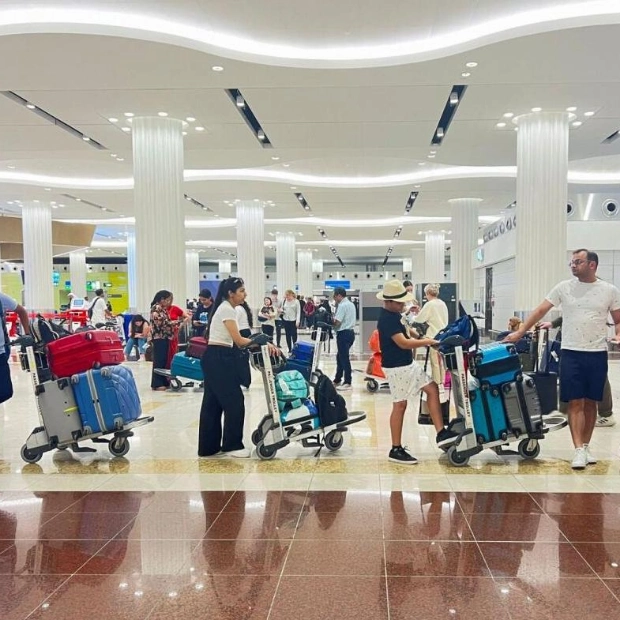Newly elected member of parliament Alma Moller and Leader of Iceland's Social Democratic Alliance party Kristrun Frostadottir (centre) celebrated with supporters during the party's election event following the announcement of the exit polls in Reykjavik on Sunday. — AFP
Iceland's centre-left Social Democratic Alliance emerged as the largest party in a snap election that ousted the ruling coalition of the past seven years, according to the final count on Sunday. The Social Democrats secured 15 seats in the 63-seat parliament with 20.8 per cent of the votes, reported state broadcaster RUV, positioning party leader Kristrun Frostadottir as a strong contender for prime minister.
"It hinges on whether she can persuade the president that she is the most capable of forming a coalition," said Stefania Oskarsdottir, a political scientist at the University of Iceland. Frostadottir, 36, assumed leadership of the Social Democratic party two years ago and has advocated for the Nordic welfare model, pledging to address the cost-of-living crisis driven by high inflation and borrowing costs.
Alternatively, current prime minister and leader of the conservative Independence Party, Bjarni Benediktsson, could retain his position, according to Oskarsdottir, who added that forming a coalition might prove challenging. "It's clear that three parties are needed to form a coalition, and it could be somewhat difficult," she noted. Benediktsson secured second place with 19.4 per cent of the votes, gaining 14 seats after a late surge in support, while the Liberal Reform Party came third with 15.8 per cent and 11 seats.
Parties need 32 seats for a majority in the Althingi parliament. "The Reform Party is pivotal in this scenario because they can join a coalition with the Social Democrats and the People's Party, or they can form a coalition with the Independence Party and the Centre Party," Oskarsdottir explained. The Left-Green Movement, part of the previous three-party ruling coalition and formerly led by Katrin Jakobsdottir before she resigned as prime minister in April to run for president, failed to win any seats. The Pirate Party also lost all its seats, reducing the number of parties in parliament to six from the previous eight.
The snap election was called last month amid escalating coalition disputes and public dissatisfaction over migration, energy, and housing issues.
Source link: https://www.khaleejtimes.com






